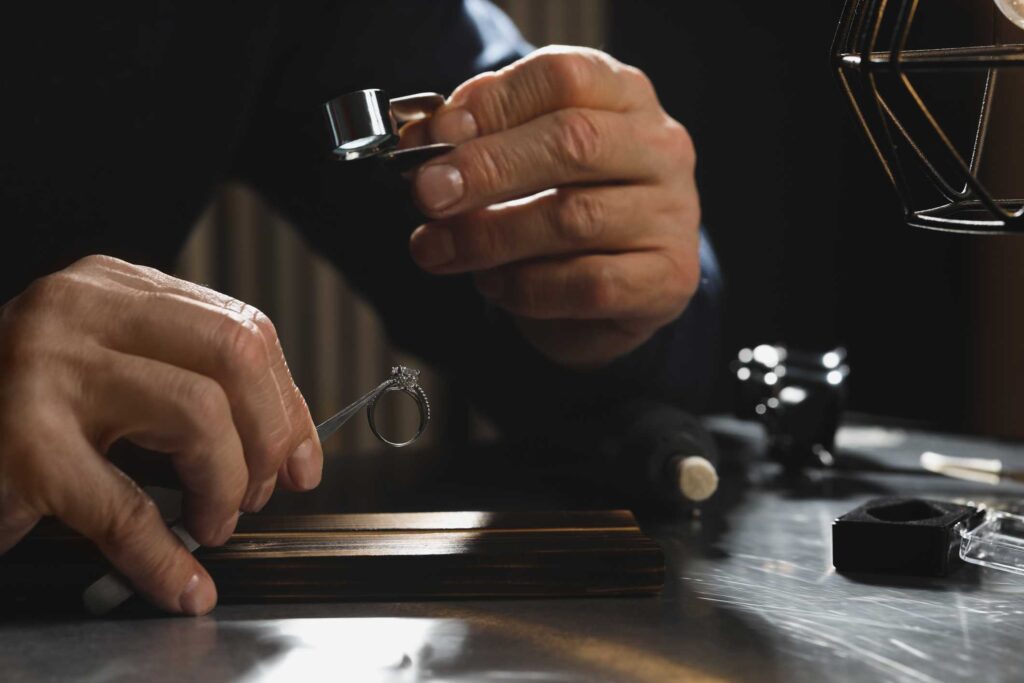How Long Do Pawn Shops Hold Items Before Selling?
What’s the Typical Holding Period at a Pawn Shop?
When you use an item as collateral for a pawn loan, you’re likely focused on getting the cash you need quickly. However, it’s just as important to understand what happens to your item while it’s in the pawn shop’s care. A common question is, “How long will a pawn shop hold my item before they can sell it?” The answer depends on a combination of state laws and the specific terms of your loan agreement. This period is crucial, giving you the time to repay your loan and reclaim your property.
Understanding this timeframe is essential, whether you’re considering a pawn loan for the first time or a returning customer. This grace period, the loan term plus any additional holding period, ensures you have a fair opportunity to get your valuables back. We will explore the typical timelines, the factors influencing them, and what happens if you can’t repay your loan on time.

Understanding the Pawn Loan Process
Before diving into timelines, reviewing how a pawn loan works is helpful. You bring a valuable item to a pawn shop like ours at Pleasant Hill Coin & Jewelry, and the pawnbroker assesses its worth. Based on this value, they offer you a short-term loan. If you accept, you leave the item as collateral and receive the cash. You will also receive a pawn ticket, which is a critical document. It details the loan amount, interest rates, fees, and the loan’s maturity date. To reclaim your item, you must repay the loan principal plus any accrued interest and fees by this date. If you’re unable to repay the full amount, you might have the option to extend the loan by paying the interest, or you can forfeit the item to the pawn shop, which settles your debt.
How Long Is the Holding Period?
The length of time a pawn shop holds your item is not arbitrary; it’s regulated by state law. Most states mandate a minimum loan term, which is typically 30 days. After the loan matures, there is often an additional grace period before the pawnbroker can legally sell your item.
For example, some states require a 30-day loan term followed by a 30- to 60-day grace period. In this scenario, the pawn shop would hold your item for a total of 60 to 90 days before it could be sold. It’s vital to check your local state regulations, as these can vary significantly. The terms will always be clearly printed on your pawn ticket, so be sure to read it carefully.
This holding period protects you, the borrower. It gives you ample time to gather the funds needed for repayment without the immediate risk of losing your collateral.
What About Designer Handbags and Luxury Items?
High-value items, like luxury accessories, often bring up specific questions. Many people wonder, “Do pawn shops take purses?” or more specifically, “Do pawn shops take designer bags?” The answer is a definite yes. Reputable pawn shops are very interested in luxury goods because they hold their value well. If you want to pawn luxury bags, the process is the same. To determine a loan offer, the pawnbroker will authenticate the item and assess its condition, brand, and market demand. Given their high value, you might feel more anxious about the holding period. However, the same state-mandated rules apply. Whether you pawn designer bags from Chanel or a Rolex watch, the shop must hold it for the legally required duration. This ensures you have the standard window of opportunity to repay the loan and retrieve your valuable accessory. Many people ask, “Do pawn shops buy designer bags?” They do, but pawning offers a way to get cash without giving up ownership permanently.
What Happens if You Default on the Loan?
If the loan term and any applicable grace period pass and you have not repaid or extended your loan, you default. At this point, the pawn shop gains legal ownership of your item. They can then place it in their inventory to sell to the public. It’s important to know that defaulting on a pawn loan does not negatively affect your credit score. Your collateral secures the transaction, so the pawn shop’s recourse is simply to sell the item to recover its costs. You will not receive calls from debt collectors or see a negative mark on your credit report. Once the item is forfeited, your debt is considered paid in full, and you have no further obligation. If you know you won’t be able to repay the loan by the maturity date, it’s always a good idea to communicate with the pawn shop. Many are willing to work with you, and you may be able to extend the loan by paying the interest due.
Reclaim Your Items or Find Your Next Treasure
Pawn shops operate on clear, state-regulated timelines to ensure a fair process for everyone. Typically, they hold items for the loan term, plus a legally required grace period, before they can be sold. This gives you a protected window to repay your loan and get your valuables back.
Understanding the process gives you confidence, whether you’re looking to get a loan on a classic watch or pawn designer bags. If you have luxury items and need quick access to cash, a pawn loan is a secure and discreet solution. Visit us today to have your luxury items professionally appraised for a loan or sale. Our expert team is ready to offer you a fair price with transparent and straightforward terms.
